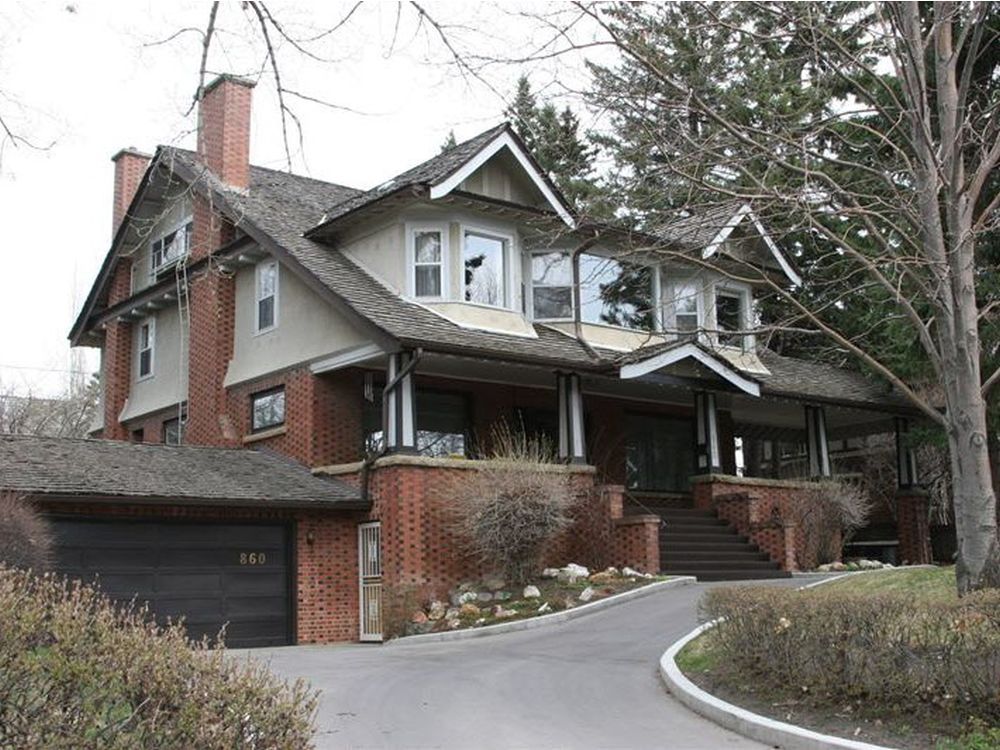Rollerstud98
Active Member
Our trades get paid a lot more than other provinces. Part of it.
You would be surprised. We have been underbid by companies from bc as they were payed 15-20 less an hour than we were for jman rate. Even with hotels they were still able to beat us and be profitable.Definitely the cost of trades is a good place to start. I'm going to dig a bit deeper and see what I come up with.
I was looking at the very expensive work being done on old city hall, and it appears we have needed to bring stone masons out here from eastern Canada to do the work. I would be nice if we could get a big enough heritage restoration market going here in Alberta to not need to outsource that kind of skilled work, I can't imagine paying for workers to fly out here and work remotely for months is cheap.

The article did not clearly outline the circumstances behind this. Did the previous owner sell to a developer and if so, to do what with the property? Was the property falling apart and the cost for refurbishment too exorbitant?Another loss of a heritage property.

Calgary loses another heritage building as century-old Cope House demolished
A century-old house in the Upper Mount Royal neighbourhood is no longer, after being torn down in late January.calgaryherald.com
The article did not clearly outline the circumstances behind this. Did the previous owner sell to a developer and if so, to do what with the property? Was the property falling apart and the cost for refurbishment too exorbitant?
It's one thing to declare a house a heritage building but if the owner does not want to invest more money in the upkeep, does the city have to step in and takeover at taxpayers' expense every time? In Mount Royal, it is hard to envision what the house could be re-purposed for. You can only have so many 'Lougheed house type' situations in the city.
I assume it is to build some modern mansion which is typically the case when something gets demolished in Mount Royal. They didn't need to repurpose the Cope House, they just needed to live in it.The article did not clearly outline the circumstances behind this. Did the previous owner sell to a developer and if so, to do what with the property? Was the property falling apart and the cost for refurbishment too exorbitant?
It's one thing to declare a house a heritage building but if the owner does not want to invest more money in the upkeep, does the city have to step in and takeover at taxpayers' expense every time? In Mount Royal, it is hard to envision what the house could be re-purposed for. You can only have so many 'Lougheed house type' situations in the city.
I'm not super concerned with private houses on lots like this one getting demolished. These buildings are on quiet streets and are mostly obscured by large trees (the loss of which I lament more than the house lol). Big buildings and historic houses in prominent locations (Like Enoch was) should be saved, but I'm not sold on saving things just because they are old.Another loss of a heritage property.

Calgary loses another heritage building as century-old Cope House demolished
A century-old house in the Upper Mount Royal neighbourhood is no longer, after being torn down in late January.calgaryherald.com
This is exactly the scenario. The are building a big modern mansion on the site, not my favourite design, but it looks like quite the house!I assume it is to build some modern mansion which is typically the case when something gets demolished in Mount Royal. They didn't need to repurpose the Cope House, they just needed to live in it.
After the Enoch Sales house fire council asked for a on what can be done to preserve the city’s heritage buildings, this is apparently a draft of it to go to council tomorrow.
Heavily paraphrasing essentially council unanimously approved having heritage planning return Q4 with proposals after investigating the list I posted for suitability in Calgary.




